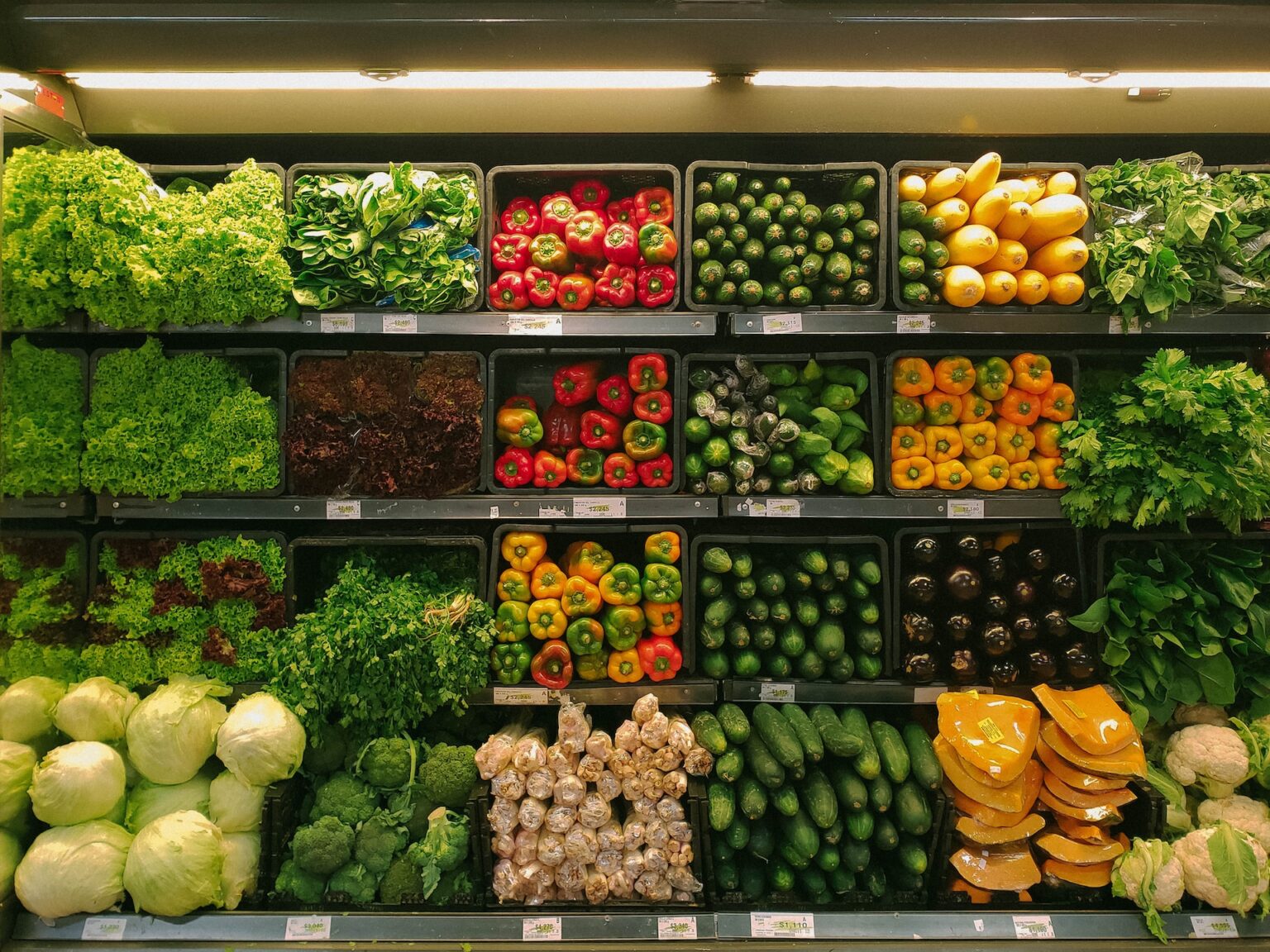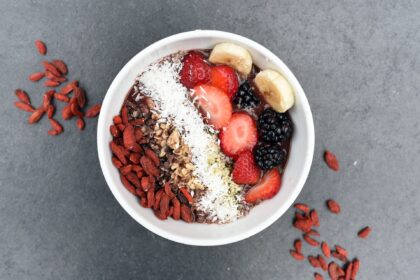Just like me, I don’t think any of us have really paid attention to soil health and how it impacts us today. Although I remember being taught about the importance of soil very briefly in school, nevertheless it was soon forgotten. However, when I read about Sadhguru and his bike ride all over the globe, to create awareness about soil health, I was intrigued by it.
Poor quality of soil is indeed creating challenges on multiple levels. These are worldly problems and not just limited to a specific region. Depleted soils cannot retain water and hence the risk of drought and water scarcity increases manifold. Scientists say that around 27000 species of life forms are becoming extinct every year due to loss of habitat. The crisis has reached a point where 80% of the insect biomass has gone. Loss of biodiversity further disrupts the soil habitat and prevents soil regeneration. In India itself, we see thousands of farmers committing suicide due to degrading soil quality and it’s direct impact on livelihood.
Needless to say, soil degradation continues to have a major impact on the food crises. Poor soil quality, directly impacts the nutrients in food. Through this blog I intend to throw some light on the “organic” vs “conventional” food and its impact on our nutrition? Is there a lack of education around organic food? Is it just a hype or another marketing gimmic by food giants or is it actually a good choice to make?
After doing my fair bit of research, I have realized that organic does not mean higher nutritional value. I have seen people often buying organic produce, due to its elevated nutrition. It is instead only a distinct way of producing food. If a product has an organic label it essentially only means the following:
- The food is not genetically modified
- The food is not produced using artificial persticies or herbicides.
- The food has no human made fertilizers.
- The food has no antibiotics or growth hormones
- The food has no chemical additives
- The lifespan of the food has not been increased by radiation
However, globally, it gets very difficult for the food agencies to keep a tab on the method in which the crop is grown. There are innumerable cases, whereby farmers flout the requisite processes required for a product to be termed as “organic” and often end up using pesticides for faster and bigger harvest. When a product is termed “organic” naturally the cost of such produce is considerably higher. It is evidently impossible to determine the amount of pesticide in a product as it depends on multiple factors like when was the pesticide applied, the stage of the crop, the weather on the day pesticide was sprayed and many such factors which makes monitoring of the authenticity of organic produce very challenging.
If I have to come back to it’s nutritional value, the micronutrients in any food, or plant is based on the quality of the soil it has grown in. With the degradation of soil, year on year, it is impossible to maintain the nutrition that it should. While the world focuses on the organic aspect of the produce, none of us really care about the organic content of the soil. Unless, the soil is organic enough, the microbes of the soil will slowly reduce as they are left with no food. Over a period of time, it would get practically impossible to cultivate any kind of produce in such deficient soil, let alone organic produce. Instead of marking a particular produce as “organic” we should rather focus on the organic content of the soil. If the organic content of the soil is rich, it means the produce from this soil has a certain level of micronutrients which are actually beneficial for your health. There is enough sceintific evidence to establish the physical and psychological benefits of having nutritions food. However, at the same time, the fact that gobally people have serious deficiency of nutrients itself establishes that there is something that is terribly wrong in how we cultivate our food.
Instead of mindlessly falling for the organic marking gimmick , we should first understand the cycle of farming. If we just focus on the fruit and ignore the root, it is not really organic in any sense. With the pandemic we have realized that humans are not in the best place to deal with situations like this, particularly because of our physical constitution. Our immune system is giving up on us and it is high time we acknowledge, that going to the gym is not helping, unless it is backed with clean and nutritious eating habits. Any food produce, if it has to travel half the world to rech you, the carbon footprint in the entire process, is anyhow harming the environment. I have always believed in local and seasonal eating, but as an urban dweller, there is nothing much I can do with the soil quality directly. But, I have started to take small steps like home composting which prevents the waste from my house from getting in the landfill, or limiting my usage of plastic, choosing sustainable fabrics and avoiding fast fashion etc. These small steps, can be a starting point for a bigger change, if we want our children to have a healthy planet to breathe and live in.









